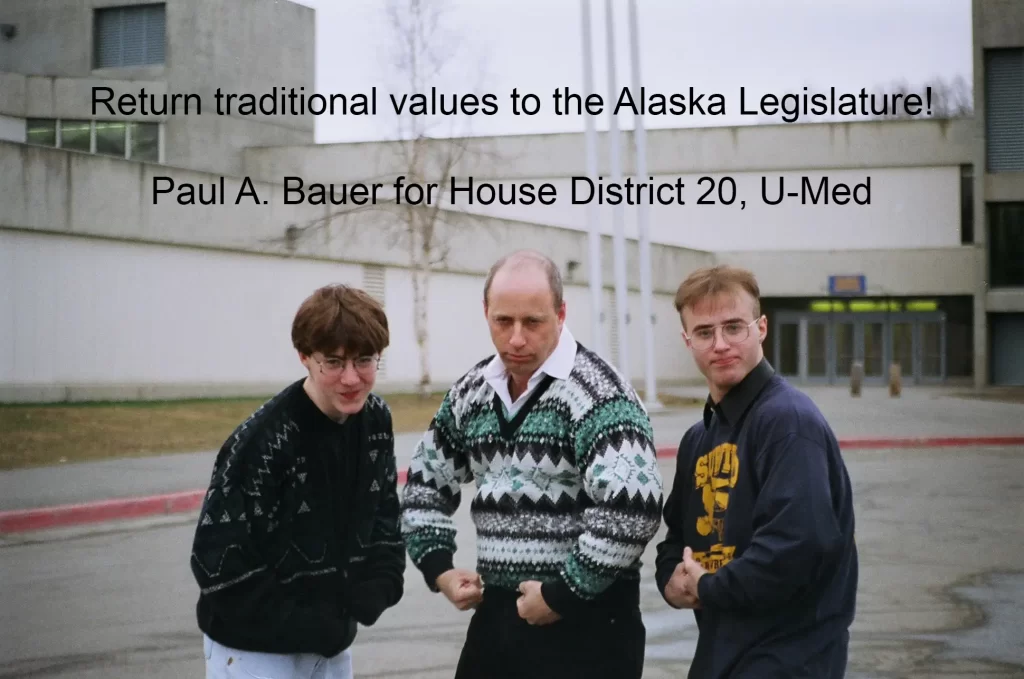
Voters elect exactly who they deserve in our Representative Democracy.1 We must therefore understand WHY any particular candidate is running for public office. Some run to impose their ideological agendas on everybody else, but conservatives–who mostly want to be left alone–have traditionally allowed self-serving candidates to be just that. Conversely, conservatives usually run for elected office with a sense of service, while often characterized by opponents as being narrow and unenlightened .
Fortunately, many Alaskans are now paying attention to who they elect. Violation of trust in failing to follow the law and past practice with payment of the Permanent Fund Dividend has caused many voters to take a closer look at who aspires to go to Juneau for typically legislative session spectacles. Fortunately, many incumbents have decided not to run again in the upcoming election and Alaskans must look closely at who IS running if we are ever to to stop the nonsense.
In the pursuit of candidate awareness count me as an Alaskan who cherishes traditional values of marriage, family, honor, and faith in our way of life.
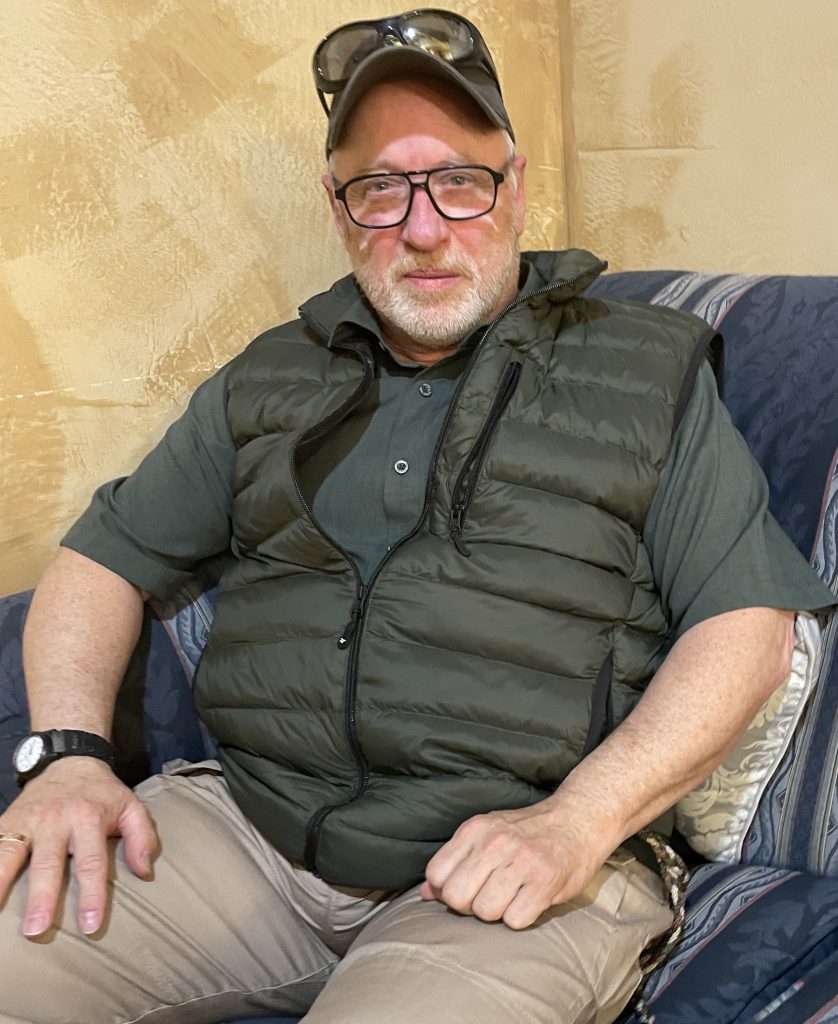
My wife and I met in junior high school in New York City, explained Paul Bauer in our recent interview, looking at why he is running for the Alaska House of Representatives in the newly redistricted District 20. She has followed me with my career everywhere and been a great supporter. We came to Alaska in 1990 and bought the house where we still live in 1993. We’ve been married 47 years!
This is the official Alaska Divisions of Elections Primary racecard:
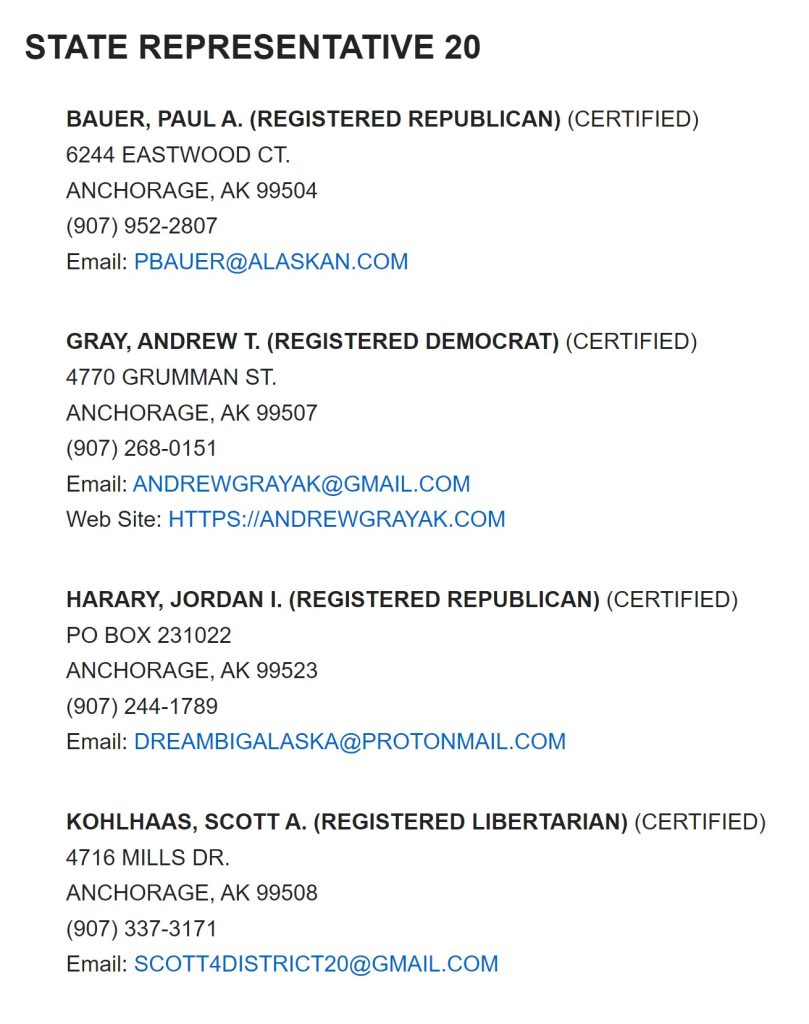
Rep Spohnholz has not revealed why she decided not to run for re-election. One Democrat wannabe District 20 candidate Andrew Timothy Gray has declared he wants to be representing the district just the way Rep. Spohnholz has done.
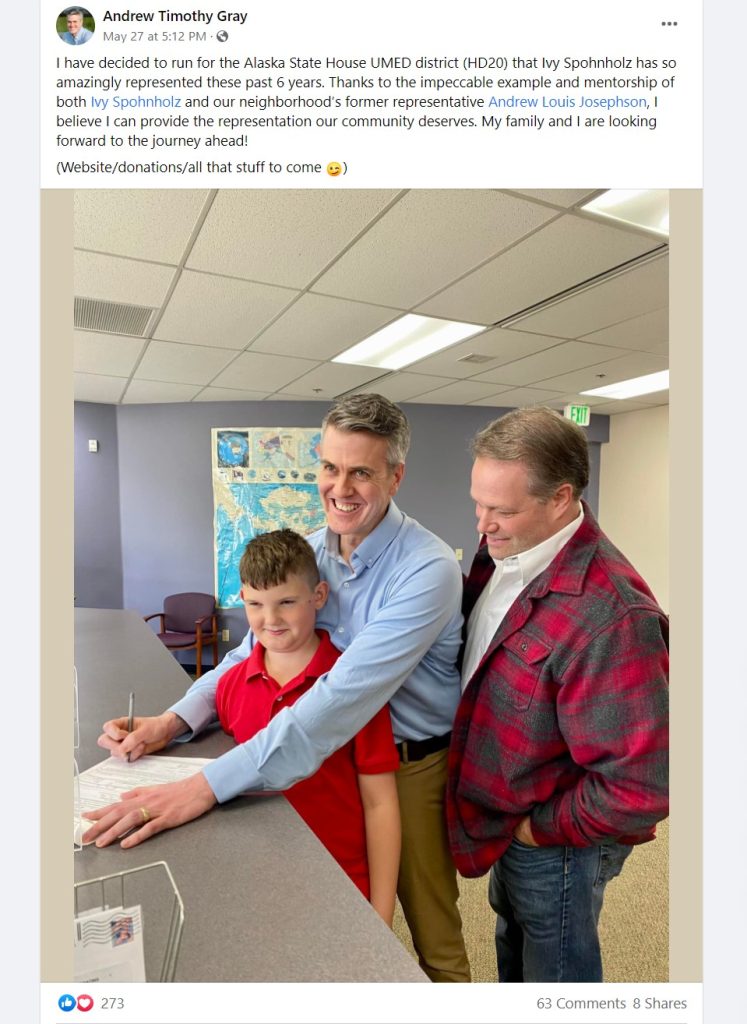
adopted boy at Division of Elections office
Ranked Choice Voting has changed the way we must look at selecting candidates in this Primary Election!
Republican Paul A. Bauer is a former Anchorage Assembly member. Republican Jordan Harary is a Information Technology professional.
Attorney Scott Kuhlhaas is former Libertarian Party Chairman.
In the 2022 ranked choice voting world, these three candidates are aligned against a Democrat for House District 20 Representative. Voting for any of these Republican/Libertarian candidates is better than voting for a Democrat in District 20.
Paul A. Bauer has been active in local politics a long time. He experienced decline of quality local representation of this city first-hand as a previous elected member of the Anchorage Assembly, 2005-2008.
A lot of folks believed that was a conservative assembly, said Paul Bauer. Mark Begich was mayor, but the things we did didn’t really pan out to what I feel a conservative assembly should have done. We had a veto-proof majority, but most members didn’t act strong like today’s liberal Anchorage assembly does with THEIR veto-proof majority.
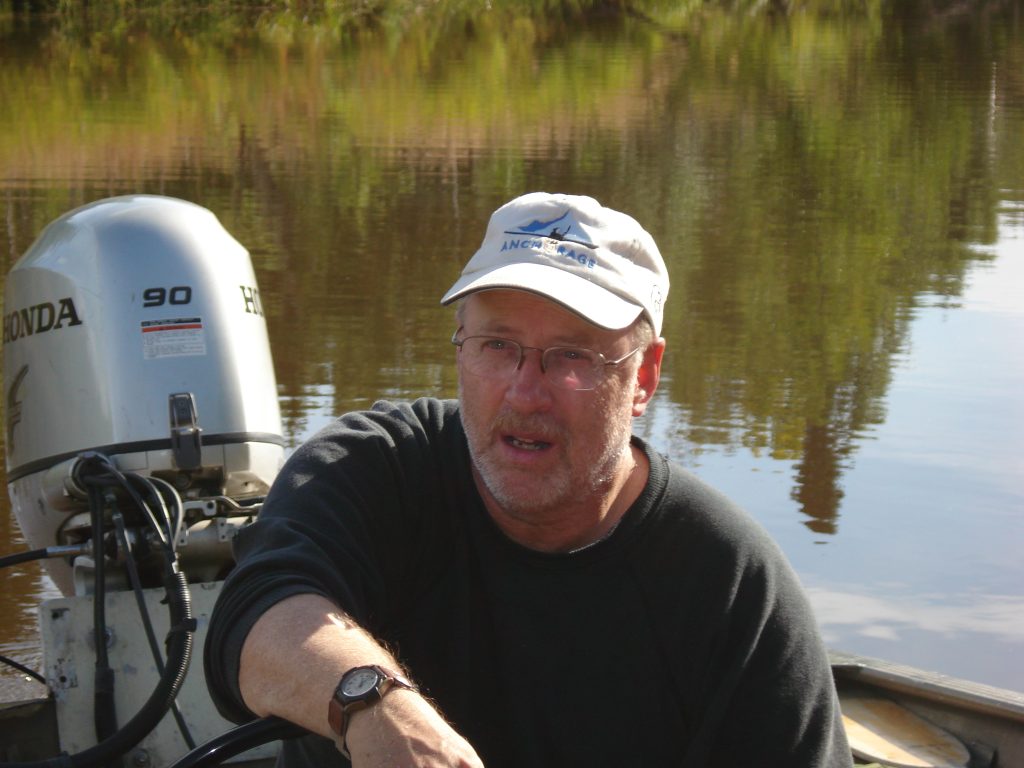
Former Mayor Ethan Berkowitz demonstrated the highhanded nature of some who gain power during the lockdown of Anchorage businesses with the Covid Pandemic. This writer also knew Berkowitz as a legislator in Juneau.
Perhaps that is because elected officials striving to promote traditional community values never attempt to exploit crisis. In those days Paul A. Bauer and Dan Sullivan usually voted together along with Chugiak/Eagle River Assemblymember Debbie Ossiander for what the majority of residents wanted. Dan was son of former popular mayor, George Sullivan. Dan also served as mayor of Anchorage (2009-2015).
There was a lot of hesitation to go against Mayor Begich, continued Bauer. He gave the municipal unions extended 5-year contracts and the largest budgets we had ever seen. He left Anchorage in the dark when he moved on to serve one term in the U.S. Senate. I believe the Muni of Anchorage remains today in the dark.
We now know many Anchorage businesses were lost, while the Mat-Su Borough allowed business to thrive, as previously written about.
Paul A. Bauer wants to return traditional values to the Alaska Legislature.
I graduated high school at the early age of 17, and I did five months of college in New York City, said Paul Bauer. It was time to get away from the city, so I enlisted into the service. I wanted to go to Vietnam–it was 1973. I was sort of patriotic, so my buddy went in the US Marine Corps, and I went into the Army. I volunteered for Vietnam, but they told me we were starting to pull out. So, I wound up going into the paratroops, airborne. My first assignment was at Fort Bragg, North Carolina. From there, I progressed in leadership positions up to a First Sergeant position. I was a ROTC primary instructor at Siena College, in Loudonville, New York four years–when ROTC was INVITED to be in colleges!
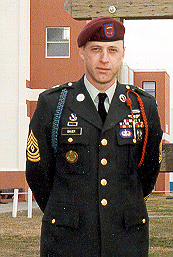
Paul A. Bauer continued: This was a pretty conservative college–an artillery branch school.
Paul A. Bauer has two sons; one born in West Berlin during his four years serving there. Two of those years were spent in Military Intelligence work on the east side before the Berlin Wall came down under the administration of President Ronald Reagan.2
I met Reagan when he visited Berlin while still governor of California, said Bauer. He would later tell USSR General Secretary of the Communist Party, Leonid Brezhnev to “tear down this wall.” (06/12/87)
This was one of the most interesting times of my career, continued Bauer. I ran an intelligence unit. We did ground and aerial surveillance with about four folks inside the Operations Branch. We had face~to-face encounters with the Soviets and the East German border guards. We identified their locations, their equipment, where they were massing up or anything like that. It was very rewarding. I also got selected for counterintelligence but my branch at the time was short and couldn’t release me.
Next, I was selected to serve as Platoon Sergeant for an airborne line infantry company. The company included about 120 people—four platoons plus a headquarters element. I reported to a company commander and served as his senior advisor for all those soldiers. I became a jumpmaster responsible for everybody’s training and proficiency as parachute jumpers as well as the aircraft during the drop. After a year or so I was then selected to be the First Sergeant of the Headquarters & HQ Company–a bigger responsibility as a senior first sergeant in the battalion. A battalion is about 270 soldiers with 14 sub leaders (NCO’s) running the various sections; maintenance, supply, communications, medics, that kind of thing. All the support elements for the battalion.
Paul A. Bauer’s company jumped in various locations, including Andrews Air Force Base, Camp Pendleton, Guam and even Panama with the 82nd Airborne Division.
We went to various places to gain different perspectives in different drop zones, continued Bauer. The last one for me was Mississippi, Camp Shelby. I got hurt there from a bad landing. The Texas National Guard were flying too fast and a number of us got hurt; I was laid up for about 10 days in the hospital and six months in a brace, but I didn’t quit. I went back to jumping.
So, when my time to rotate out of ROTC came up I had a choice of either going to Korea or Alaska. I picked Alaska and the family did a cross country trip from New York, said Bauer.
My last assignment before retirement was approved by the Garrison Sergeant Major for Ft Richardson. It was a good change, said Bauer. I ran the Seward Military Rec Camp in the summer of 1994 when they had Quonset huts–the old fishing camp before they turned it into a motel type of environment, which it is today.
You were in the military during the Cold War. How do you feel about where we’re at with Russia now? Are there things happening on the other side of the Bering Strait that we don’t even know about?
I saw how Russia behaved in East Berlin; Russian people have never had a taste of democracy going back from the Czar’s to today. The people have never had that chance to know our liberties. They say they have some democracy, but their elections are totally crooked and corrupt. So, this is a country where the people have no idea what really true democracy is, said Bauer.
During the Cold War Russia and China knew their boundaries, continued Bauer. They would play with us and test us with flyovers, but today there’s much more at stake here with the Arctic, the oil fields, and the shipping lanes. Increase in the Alaska military presence in Alaska is especially important to show force–especially the Coast Guard. Anchorage has an important role to play, and I believe representatives in the legislature need to take that responsibility seriously.
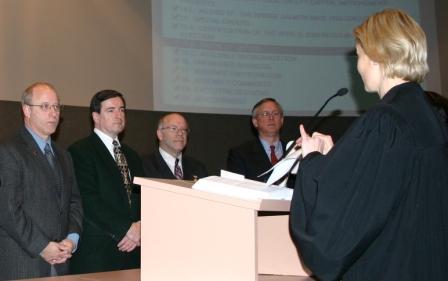
Protection of Alaska has continued to be a priority of Bauer, who was commandant of the Alaska Military Youth Challenge Program at Camp Carroll two years before the attack of 911, 2001. Service called again, and Bauer became a security manager for airline food catering at Ted Stevens International Airport, protecting food for consumption on airplanes for all the major airlines over 17 years.
Prior to that airline food security was handled by the caterers but under new mandates food had to be separated to guarantee carts were secured so food was safe on all flights.
Today Bauer is retired again after a couple of years serving as a Transitioning Assistance Program facilitator with the U.S. Department of Labor helping service members transition from the military into the civilian workforce. Bauer believes District 20 deserves better representation than it has gotten from uber-liberal Rep. Ivy Spohnholz, since she was appointed to the District 16 seat by former Gov. Bill Walker in March of 2016. District 20 used to be the domain of uber-liberal Rep. Zach Fields who is now running against another uber-liberal Rep, Harriet Drummond for House District 17.
District 20 Deserves Better
This writer knew Ivy Spohnholz’ s mother, Rep. Ann Spohnholz, who was a favorite of NEA-Alaska when I worked for that teacher’s union in Juneau over nine years beginning in the mid-1980s. We could count on her to jump on any bandwagon that we proclaimed was “for the children“ although she wasn’t in the legislature long.
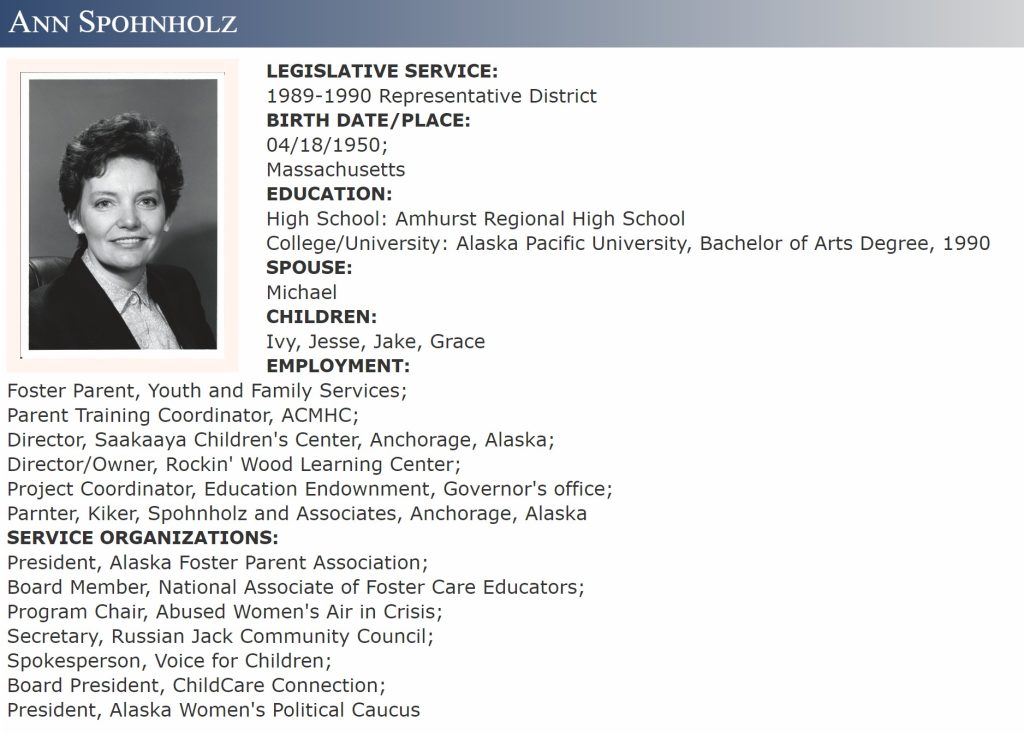
Ivy Spohnholtz has served after being appointed to fill the vacancy caused by the death of longtime Rep. Max Gruenberg. Her occupation is “Not-for-profit organization manager.”

After being appointed, Rep. Spohnholz convinced a majority of her voters to send her back to represent the special interests of non-profit corporations who think they can spend money from resource development better than individual Alaskans who are supposed to benefit from resource benefits under our Alaska Constitution and State Law.
District 16 General Election Results
November 6, 2018: Spohnholz-D, 3,249 (55.11%) Stanley Wright-R, 2,618 (44%)4
November 3, 2020: Spohnholz-D, 4,014 (53%) Bauer-R (3,069 (40.55%) Kohlhaas-L 474 6.2%)5
This should come as no surprise given the caliber of our government schools controlled by special interest teacher unions, administrator organizations and the school board association.
Q: Top three issues?
A: Legal distribution of the Permanent Fund Dividend for sure, responded Bauer. The Economy and Public Safety round out my top three. We must have responsible resource development for our economic well-being as Alaska has always had. Our district needs representation of Alaska values and not special interests.
Paul Bauer shows why traditional Alaskan values and meaningful life experience count for a lot.

References:
- Representative Democracy: Definition, Pros, and Cons https://www.thoughtco.com/representative-democracy-definition-pros-cons-4589561 [↩]
- On August 13, 1961, the Communist government of the German Democratic Republic (GDR, or East Germany) began to build a barbed wire and concrete “Antifascistischer Schutzwall,” or “antifascist bulwark,” between East and West Berlin. The official purpose of this Berlin Wall was to keep so-called Western “fascists” from entering East Germany and undermining the socialist state, but it primarily served the objective of stemming mass defections from East to West. The Berlin Wall stood until November 9, 1989, when the head of the East German Communist Party announced that citizens of the GDR could cross the border whenever they pleased. That night, ecstatic crowds swarmed the wall. Some crossed freely into West Berlin, while others brought hammers and picks and began to chip away at the wall itself. To this day, the Berlin Wall remains one of the most powerful and enduring symbols of the Cold War. https://www.history.com/topics/cold-war/berlin-wall [↩]
- Ann Spohnholz Obituary https://www.conboywestchesterfh.com/obituary/3030516 [↩]
- General Election Results, 2018
https://www.elections.alaska.gov/results/18GENR/data/results18.pdf [↩] - General Election Results, 2020 https://www.elections.alaska.gov/results/20GENR/data/sovc/ElectionSummaryReportRPT24.pdf [↩]

Don we had problems before but your spot on!